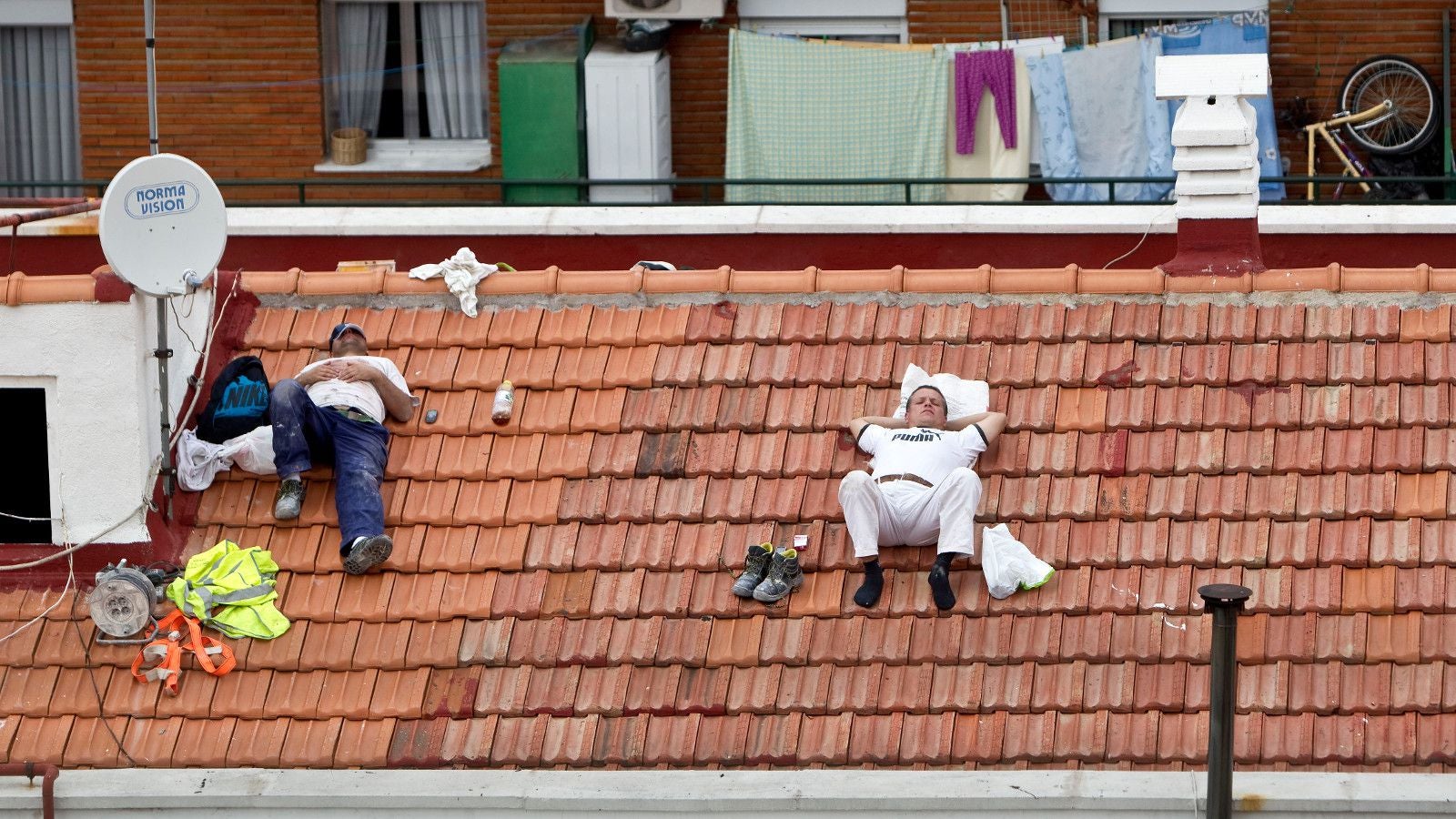Spain’s brutal heatwave is reviving the need for a siesta
Foreigners have long coveted the leisurely siesta as a hallmark of Spanish culture. But in many parts of the country, the tradition has been fading thanks to globalization and economic pressure. Many Spanish urbanites have come to view the resting period as more trouble than its worth, even as some rural residents lament its decline.


Foreigners have long coveted the leisurely siesta as a hallmark of Spanish culture. But in many parts of the country, the tradition has been fading thanks to globalization and economic pressure. Many Spanish urbanites have come to view the resting period as more trouble than its worth, even as some rural residents lament its decline.
In the eastern province of Valencia, for instance, the town of Ador is fighting to keep the tradition alive. This month, mayor of Ador Joan Faus decreed that the siesta will henceforth be an official right for its 1,400 residents, most of whom work in orange farming, the town’s main economic activity. The town government has recommended that, between the hours of 2pm and 5pm, residents lower the volume of their TVs and music devices and not to let children play on the street.
The measure isn’t so much about tradition as addressing local needs, mayor Ador Joan Faus tells Quartz. Farmers need mid-day rest when the sun is strongest so they can resume work in the fields later in the day. And the heat is only intensifying; Spain has struggled to cope with a severe heatwave gripping Europe that has increased the risk of wildfires and heat-related casualties.
“This has nothing to do with an intention of working less,” Faus says. “We have a certain temperature and we need to adapt to the conditions: Working in the field after noon is practically impossible.”
Ador is fighting a turning tide of opinion on the need for a siesta. In more urban areas, two-hour lunch breaks are built into corporate and retail culture, which some Spaniards argue leads to unnecessarily long work days. Working hours across the country are interrupted by morning coffee breaks and long lunches around 2pm, extending the most work days to 7pm or 8pm. As a result, Spaniards sleep less than their European counterparts, work more, and are less productive. According to surveys cited by the New York Times, nearly a quarter of Spain’s population is watching television between midnight and 1 am.
The problem is made worse by Spain’s odd time zone, a holdover from World War II that sets its clocks an hour ahead of daylight time, resulting in longer daylight hours.
Pro-efficiency groups have advocated for returning to a 9am to 5pm schedule similar to neighboring European countries. They argue the change would put more women in the workforce and reduce stress among workers. But progress is slow: A report commissioned by Spain’s legislature to transition to a standard work day has lingered in parliament since 2013.
At least the Catalan government is moving ahead; In April, it vowed to become the first region in Spain to reform working hours, setting a July deadline to present plans to promote conciliation of work and personal life. It’s a start.